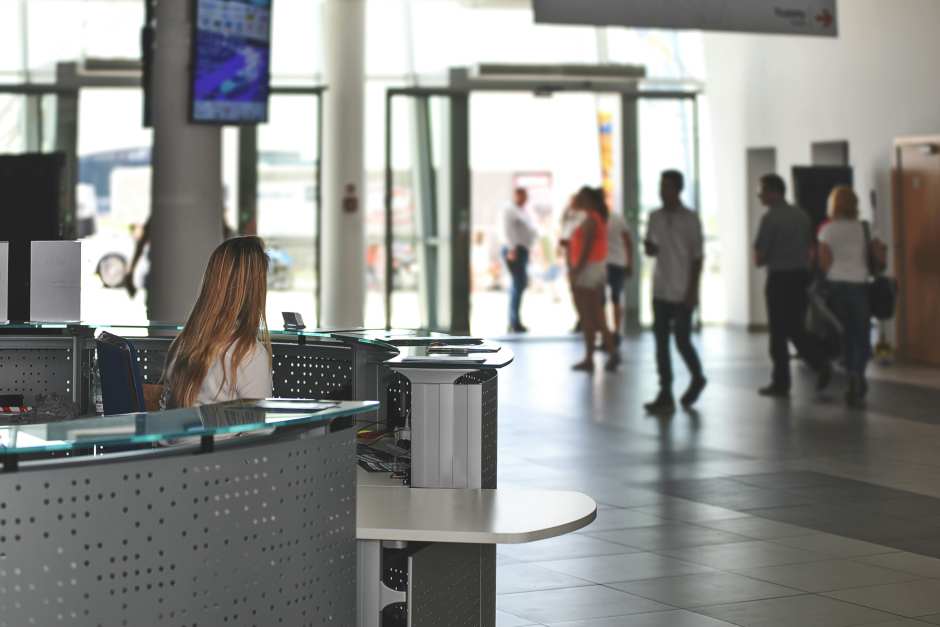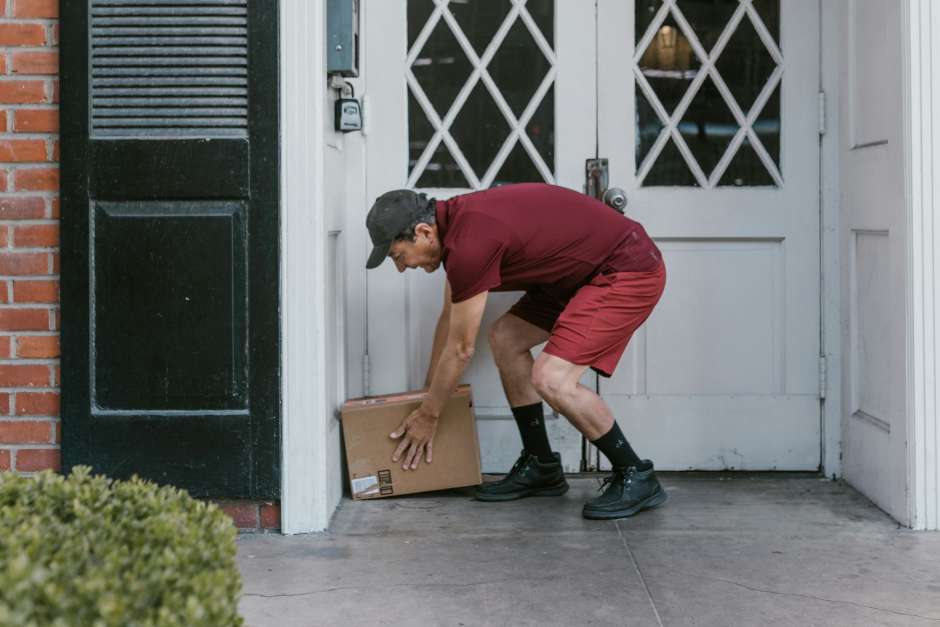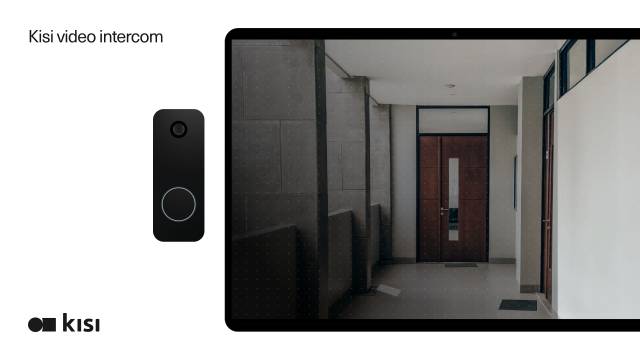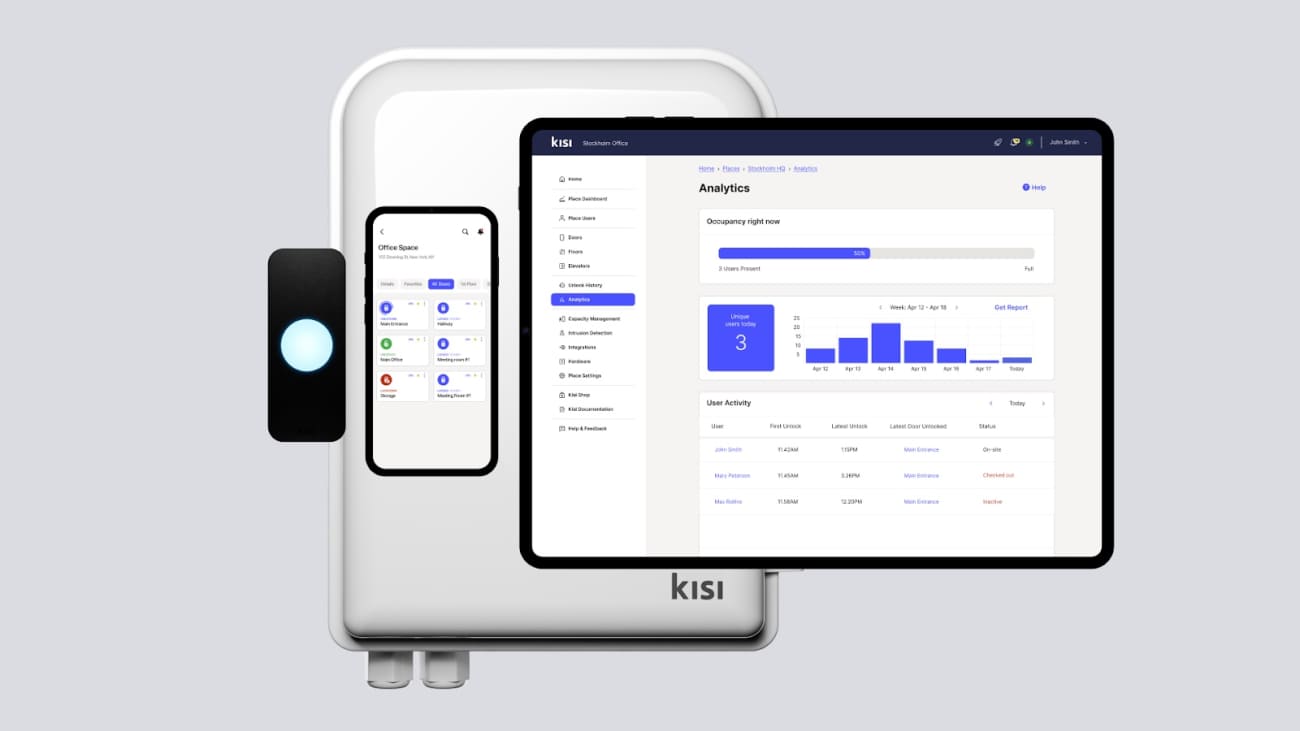Video intercom systems have become a linchpin of security and access control for modern commercial buildings. Organizations of every kind, from businesses to schools to government offices, rely on these systems because of their ease-of-use, accessibility, and versatility.
Their popularity has also grown in parallel with the development and expansion of the market for smart buildings. People are increasingly interested in finding ways to connect systems and security devices within their properties, making them safer and more cost-efficient in the process. The rise of smart cities — urban areas that use technology and data to enhance the city’s quality of life and sustainability — will likely push the demand for video intercom systems even higher.
However, if you’re relatively new to the realm of commercial intercom systems, the number of potential configurations and device types can quickly get overwhelming. Exploring what this technology has to offer is a good way to narrow your focus and identify the best solutions for your business.

What’s a commercial intercom system? #
A commercial or business intercom system is a type of technology that allows you to monitor and control who accesses your property. They’re similar in many ways to residential intercoms, which you can use to speak to or see a visitor before unlocking the door for them. However, commercial intercom systems tend to be more complex, advanced, and customizable because they’re used for larger spaces with increased visitor traffic.
The most common kinds of intercom systems for commercial spaces include:
- Wireless: A wireless intercom system typically consists of a doorbell with a microphone and camera that connect to other devices inside the building using Wi-fi.
- Wired: Wired intercom systems require you to install hardware and devices, such as receivers and door releases
- Audio: Audio intercoms enable you to speak to someone at a door entry from a separate location.
- Video: With video intercom systems, you can both see and hear the person requesting access to your building.
When comparing different intercom options, it’s important to consider the limitations and advantages of each type.
For example, wired systems involve more infrastructure but typically have fewer risks of connectivity issues or outages. Regardless of whether you choose a wired or wireless system, video intercoms generally offer a higher level of security and convenience than audio alone. You can verify a visitor’s identity with a clear view of their face, not just the sound of their voice.
Features of video intercoms #
The process of using a video intercom is simple. A person approaches the door, presses the doorbell, and communicates with you or someone else within your organization using the built-in camera and microphone.
Unlike traditional doorbells, which only rang within the walls of the building, many modern video intercom systems can send the ring to different devices or locations. Depending on the system and settings you choose, you might receive a notification on your desktop computer, a smartphone app, or a text message.
Ringing the bell and speaking to guests are essential functions of video intercom systems, but that’s only the bare minimum of what they can do. High-quality video intercoms include a wide range of other features, such as:
- HD video for a clear picture
- Night vision for use in dark conditions
- Zoom capabilities
- Noise cancellation
You might also have the option to connect your video intercom to your broader access control system like Kisi’s. This allows you to not only monitor and communicate with employees and guests at your property but also remotely unlock doors and get a detailed audit trail with a clear record of each call.
Advantages of video intercom systems #
Video intercoms have seen explosive growth over the past several years, in no small part because they complement access control and door entry systems, which accounted for 41.9% of the market revenue share in 2022. That’s because installing a video intercom system is a flexible, scaleable, and secure way to protect your property and streamline your operations.
Improving building security and visitor management #
Security is a pressing concern for commercial spaces, especially given that 28% of businesses in a 2023 survey reported seeing a rise in physical security incidents over the past year. Video intercoms increase security by empowering businesses and other organizations to monitor and track building visitors.

Depending on the design, a video intercom might constantly record footage like a surveillance camera or only activate in response to motion or someone ringing the doorbell. In either case, you’ll have better control and more awareness of who is attempting to enter your property.
Some systems can also record critical data, such as dates and times when people enter or exit the building. This information makes it easier for you to keep a paper trail of the comings and goings at entrance and exit points and for law enforcement to pursue suspects in incidents of theft or property damage.
Beyond helping investigate crimes, intercoms serve as a deterrent to criminal activity. They’re usually placed in a prominent location that’s difficult to miss, making potential intruders or vandals fully aware of the fact that you could be watching them. They’re less likely to go through with their crimes if they fear that you can see their actions and immediately contact the police.
Simplifying building access and communication #
In addition to making your building more secure, video intercoms also make access control and internal communication more convenient. When someone arrives at the door, you can use the intercom to greet them, confirm their identity, and grant or deny access to the building. The ability to communicate with visitors before letting them in is especially advantageous in situations such as:
- Admitting customers or clients
- Accepting deliveries
- Welcoming job candidates for interviews
- Greeting vendors
Video intercoms are a viable access addition, even for buildings with multiple offices or tenants. Many systems include directories or touchpads that visitors can use to connect with the person they need. This direct line of communication makes access control faster and less distracting to other people within the building.
Cloud-based video intercom systems are especially beneficial from the perspective of access control because they make entry-point monitoring more practical. Regardless of whether you’re on-site, at home, or across the country, you can confirm visitors' identities before giving them access to your property.

Enhancing business operations #
When you’re away from your property, it can be difficult to carry on operations as normal. You might miss important deliveries or struggle to provide building access to outside contractors who need to enter the premises while you’re away. This is especially problematic if members of your team work on a hybrid schedule, leaving the building potentially unstaffed at any given time.
Some modern access systems, including Kisi, work to prevent this problem by enabling you to set access schedules for different groups and allow them to enter certain doors at specific times. However, when a contractor or vendor shows up outside of their scheduled hours, an intercom fills the gap and gives you the option to instantly respond to unpredictable or last-minute access requests.
With a video intercom system, you can always be present even if you’re not physically on-site. You can accept deliveries and instruct delivery drivers on where to leave them to ensure they’re secure. You can also open doors for contractor groups or new employees even if there’s no one currently available to go to the door and greet them.
This level of flexibility gives you the freedom to leave the building as needed without worrying that you’re disrupting your operations. Similarly, you don’t have to tether any of your employees to their desks to wait for guests, customers, or other visitors to arrive.

How to choose a video intercom system #
Before investing in a video intercom system, it’s important to evaluate how well it will suit the needs of your organization, how it will integrate with your access control system, and whether it’s suitable for the design of your property. These are some of the key points to consider as you compare your options.
- Installation and maintenance requirements: Evaluate how much time, money, and effort it will take to install a new system or upgrade your existing one. Look into the amount of infrastructure and wiring you’ll need (if any) and how well any external hardware will withstand the elements.
- Remote access: Determine whether you’ll be able to answer doorbell rings from any location or if you’ll have to be tied to a particular desk or device. When you connect your intercom to a remote access control system, you can respond to calls and unlock doors regardless of where you are, giving you full control over building access and security.
- Features: Look for a variety of features that offer a good value for your money. At the very least, ensure you find a product with excellent video and audio quality so you can always see and hear visitors clearly.
- Integrations: Research whether each option is compatible with other systems or solutions you use, including access control, data analytics tools, and security cameras. Combining a video intercom with an access control system, for example, allows you to remotely unlock doors once you authenticate the visitor, get calls in your access control app, and review access events.
- Cost: There are many video intercom systems available on the market today, but they don’t all offer the same level of quality and reliability. Seek out a system that won’t break your budget but that also gives you the full set of functionalities you need to effectively interact with visitors and protect your property.
While reading about different video intercom systems is a good way to start your research, speaking one-on-one to an expert can give you a fuller picture of what they can do. An intercom system can have a significant effect on the safety, stability, and efficiency of your business, and you shouldn’t feel pressured to invest in a system until you’ve uncovered all the details of how it will meet those needs. The team at Kisi is happy to connect with you and discuss your specific requirements and questions.
See the big picture with Kisi's video intercom #
Property owners and organizational leaders want to secure their buildings, and video intercom systems are an important piece of that puzzle. They’re safe and ready to scale as your organization grows, making them an ideal solution for all types of commercial spaces, including businesses, office buildings, schools, healthcare facilities, and manufacturing and industrial sites.
Ultimately, a video intercom system should make your life easier, not more difficult. That’s why Kisi is proud to offer a system that balances simplicity with security. With a straightforward, user-friendly dashboard and stellar customer support, you won’t have to worry about navigating an overly complicated interface or suffering through extended system failures.
Reach out to learn more about Kisi’s Video Intercom Pro and why it’s the best future-proof addition to your access control system.






